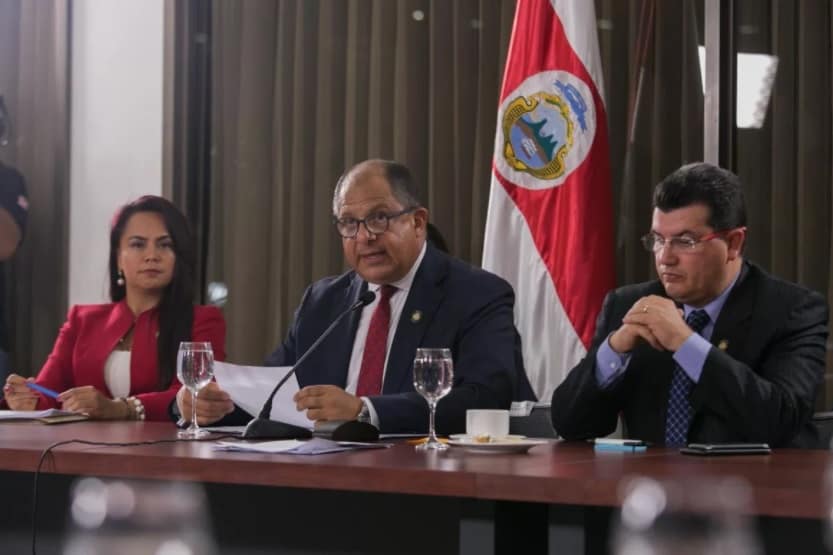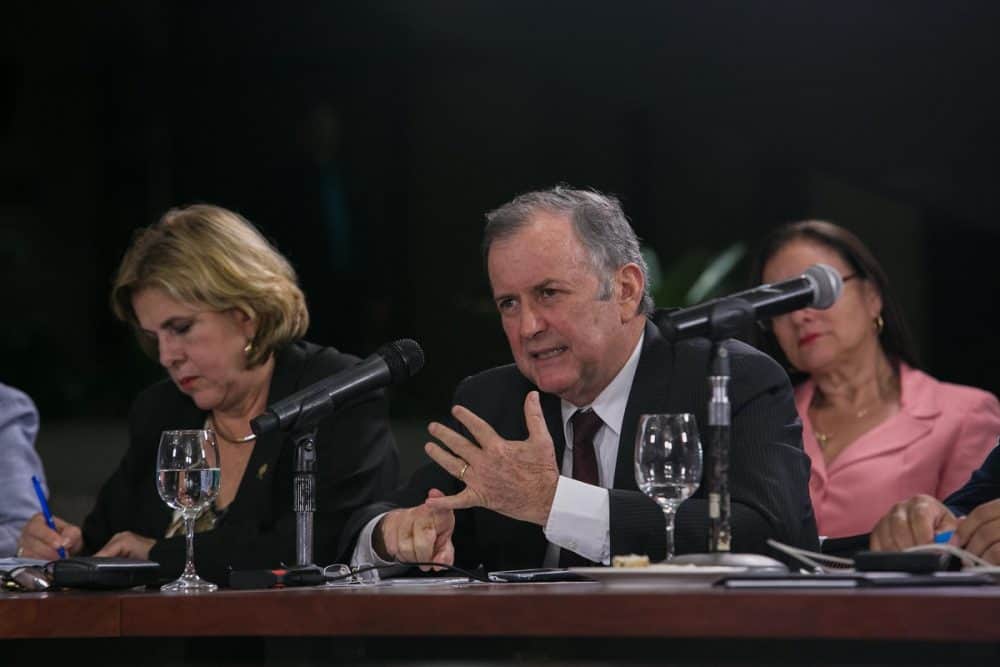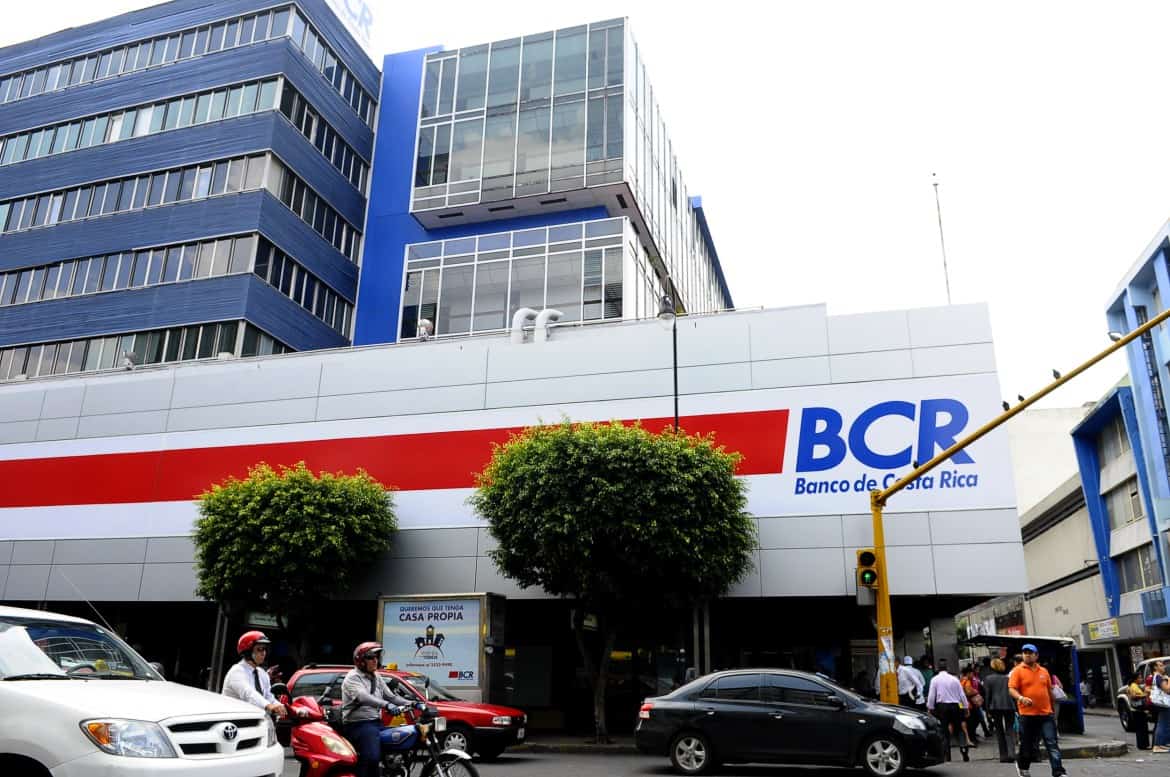The summary we published three weeks ago about the Chinese cement affair is now in the past, because every day since then has been packed with new developments, most of them public.
This is like a telenovela with daily episodes – although those of us who have been following it closely would probably give it the same name as the popular U.S. sitcom, “Friends.” If your eyes are on the news, you know what I mean.
With every day that passes, the word “trust” becomes more and more compromised in our institutional and political system. Costa Rica is truly testing the resistance of its society’s load-bearing pillars.
Let’s take a look at the most important revelations of the last three weeks:
–President Luis Guillermo Solís was seriously compromised because of his alleged special interest in the importation of Chinese cement, according to the communications that a former Customs director presented to the legislators investigating the case. The “big chief” wanted results, according to the messages sent by the Vice Minister of Finance, who later tried to explain that the comment was a mistake brought about by the legislator Víctor Morales Zapata. Zapata is a friend of the president’s and has been a major figure in the Chinese cement situation.
–The President called for the resignation of all the members of the Board of Directors of the Banco de Costa Rica (BCR), which lent $35 million to the businessman who imported Chinese cem ent under suspicious circumstances. Only two resigned. Of the five remaining directors, four created a bloc that seeks to oversee internal investigations of bank manager Mario Barrenechea, an old friend of Mariano Figueres, head of the Intelligence and Security Division (DIS) and President Solís’ right-hand man. The president suspended those directors and named replacements; whether that move was legally sound remains to be seen.

–Manager Barrenechea, suspended with pay ($25,000 a month) until the end of October, testified before the legislators investing the case. Of course, he denied any irregularities in $35 million in credit for cement importer Juan Carlos Bolaños. He said he attended a meeting at Casa Presidencial before being named as manager, but that Casa Presidencial did not influence his appointment.
–The pilot of the helicopter Bolaños often uses told the legislative committee that, on Bolaños’ instructions, he has transported Paola Mora – a BCR director, former BCR president, and a friend of Barrenechea’s and Mariano Figueres’ – as well as legislators Otto Guevara, Rolando González and Johnny Leiva, all from different parties. The “cementazo” appears to demonstrate that in Costa Rica, agreements can indeed be forged beyond party lines. Guevara and Leiva said they made their trips because they are friends of Bolaños. (See? Cue the “Friends” theme song.)
–A few blocks south at the Judicial Branch, the Public Ministry reopened its investigations related to Chinese cement, but days later we found out – once more, through the media – that the decisions not to pursue cases in February were based on requests from the Prosecutor’s Office that withheld proof: more than 1,000 communications between Bolaños and the legislators Otto Guevara, now a Libertarian presidential candidate, and Victor Morales Zapata, who resigned from the Citizen Action Party because of this case, as well as legislative advisor Wálter Céspedes of the Social Christian Unity Party, or PUSC. As a result of all this, the Chief Prosecutor was suspended for three months. A well-regarded investigator is taking his place, but the Judicial Branch has entered into a full-fledged crisis, and Judge Celso Gamboa remains under suspicion.

–Also thanks to leaks to the press, we now know that the BCR suspended Juan Carlos Bolaños’ credit line, which provided $39 million to the business, even though only $10 million worth of cement entered the country; Bolaños took six months to return $12 million, and it appears that no one in the bank held him accountable. The last boat carrying Chinese cement could not unload and left the Port of Caldera after waiting there for a month. It seems that the Chinese cement import business is KO’d, but it certainly sparked a fire that is now consuming Costa Rican institutions and politics.
No one in his or her right mind would stop watching this series. No one knows how it will end, or even how it really began. Still open is the question of what and who were really behind this attempt to import Chinese cement.
The problem is that some of the effects of all this are already clear. Polls tell us that corruption is once more a national problem, and it’s certain that this will have some unhappy influences on the electoral campaign that will begin on Oct. 4. Trust – a key value for a bank, for a judicial brank and for politician – has been damaged, without any doubt. Our institutional system, which has provided Costa Rica significant development advantage over other countries, is creating more and more doubts among Costa Ricans. While this case doesn’t represent that origin of that problem, it has clearly caused citizen distrust to balloon and expand.
The problem is that because of our history, in Costa Rica, we don’t know how to live in a state of distrust. And the lessons of other countries that have gone down this road are not an experience any of us want to repeat.
Read Alvaro Murillo’s “No Sugar, Please” columns here.
Álvaro Murillo is an experienced journalist who specializes in political coverage and has written for La Nación, Semanario Universidad and El País. In his Tico Times column “No Sugar, Please,” he explores politics in its broadest terms, from the halls of government to community life. Connect with him on Twitter.






